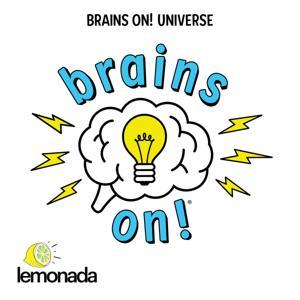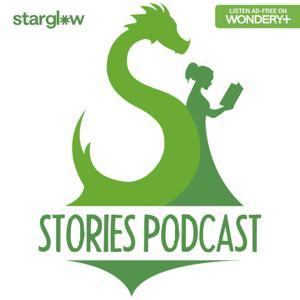What is it like to fly a plane while attempting to make a podcast from 2,000 feet in the air? And can we pull this off?
In this episode of The Show About Science, Nate chats with Carley Walker, the Director of Development at STEM Flights, and then takes to the skies with STEM Flights volunteer, Dragan Lazić, a passionate pilot and aviation safety expert. Nate's thrilling flight experience at Waukegan National Airport highlights the importance of STEM education and programs like STEM Flights, which inspire young people to explore aviation and STEM careers.
STEM Flights is a national nonprofit organization that connects Middle and High School students with volunteer Pilot Mentors to inspire America’s youth to pursue STEM and aviation careers with a unique flight experience.
Learn more about STEM Flights:www.stemflights.org/
Apply to fly a STEM Flights mission: www.stemflights.org/applyforastemflight
Learn more about Dragan and Golden Wings Team: www.goldenwingsteam.com/
T-Shirt Contest
The first 3 listeners who subscribe to The Show About Science mailing list will receive a Show About Science Flight Crew T-Shirt. Learn more at https://theshowaboutscience.com/2024/09/14/110-stem-flights-with-dragan-lazic-and-carley-walker/
Connect with The Show About Science:
Instagram: @showaboutscience
Facebook: @theshowaboutscience
YouTube:The Show About Science
Twitter: @natepodcasts
LinkedIn: The Show About Science
Threads: showaboutscience
Hosted by Simplecast, an AdsWizz company. See pcm.adswizz.com for information about our collection and use of personal data for advertising.






































